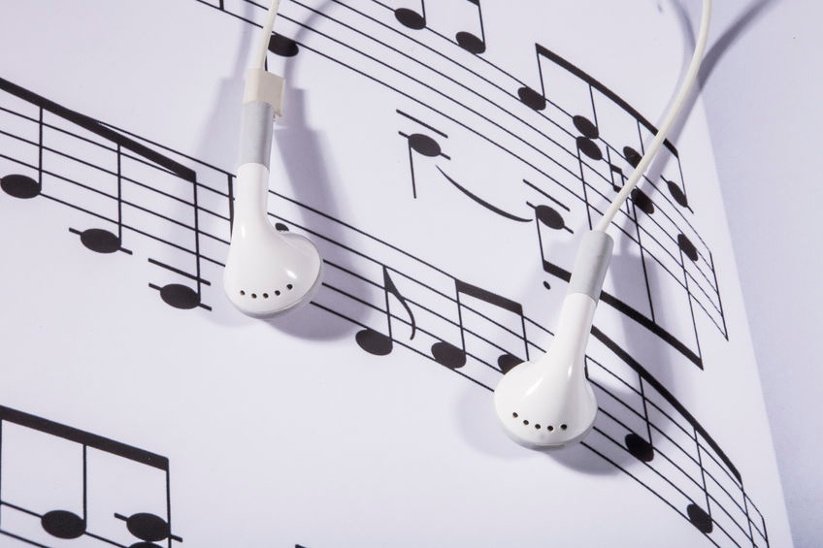
English poet and playwright Congreve was well ahead of his time when he observed “Music hath charms to soothe a savage breast, to soften rocks, or bend a knotted oak.” Although he wrote those famous words more than three centuries ago, recent studies have proven just how effective music can be in helping treat an array of psychological and emotional issues and can even aid in recovery from illness or surgery. Now, researchers have gone a step further, uncovering the many benefits music can offer for patients battling the effects of dementia.
Music has a powerful effect on memories, and it can also help calm the agitation and disorientation common among older adults suffering from Alzheimer’s and other types of dementia. Renowned neurologist Oliver Sacks says music therapy can be as effective as medication for some seniors. In his book Musicophilia, he notes: “Music is no luxury to them, but a necessity, and it can have a power beyond anything else to restore them to themselves, and to others, at least for a while.”
Music and the Brain
Music therapists and researchers have found seniors with Alzheimer’s or other forms of dementia respond in amazing ways to music. Many older adults exposed to music therapy become more verbal and more social, engaging more frequently and in more positive ways. Music can even help improve memories of long-lost names and events.
In recent years, music therapy has emerged as an important component of dementia treatment and therapists are learning new ways of using music to connect with these older adults. In one study of 45 individuals with Alzheimer’s and other types of dementia, recognizable tunes like “Over the Rainbow” and other familiar melodies were played over a four-month period, during which regular cognitive assessments were also performed. At the end of the four-month period, the researchers found the mental acuity went up dramatically, suggesting a powerful link between music therapy and improvement in mental functioning.
In response to these and similar study results, unique music therapy programs have begun to spring up across the country, including programs in nursing homes and assisted care communities. There are also volunteer programs that visit adults in these settings and at home to bring music and meaning to those with dementia.
Adding Music to the Daily Routine
Adding music when providing care for Mom doesn’t have to be a complicated process. Music can be added as a background during many activities, but healthcare professionals and therapists find it can be especially effective when used in combination with headphones that reduce distraction to create an immersive experience. Offering music at specific times of the day—at bedtime, nap time or following a meal, for example—provides structure to the daily routine that can help an elderly parent feel more connected to his or her environment.
Music can also be helpful when Mom is going through a bout of irritability, sadness, or other period of moodiness. In fact, music is often very effective at “getting through” to a person with Alzheimer’s or dementia when other tactics like verbal reassurance just aren’t enough to help someone who is mired by emotions and apprehensions.
When it comes to making selections, knowing the types of music your parent prefers is important, but even if you’ve never heard your parents sing or hum a single tune, you can still make wise selections by surfing the Internet for songs popular during important times of their lives—especially during their youth. You can also tell from their responses which songs or styles they prefer, and of course, you can ask them for suggestions and reactions.
While music can elicit happy, calm feelings, some types of music and even some specific songs may also cause feelings of sadness to surface in some people, especially if they cause sad memories to come to mind. When offering music, pay attention to your parent’s response so you can “fine tune” your future selections and help them experience all the joyous benefits music has to offer.

